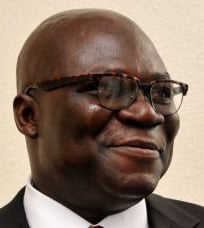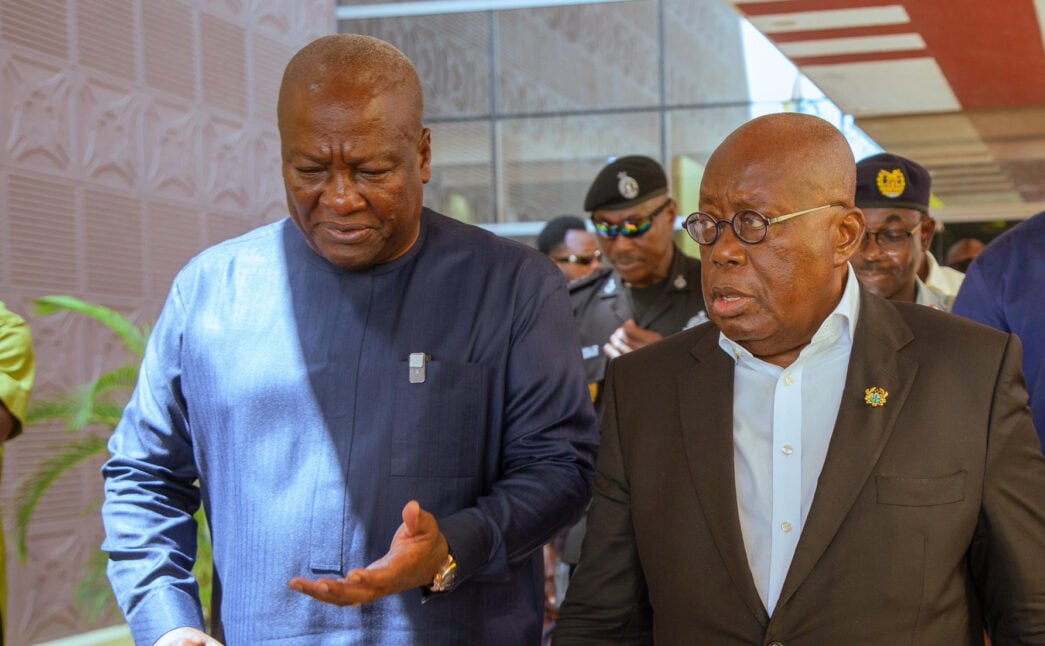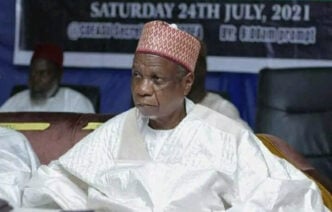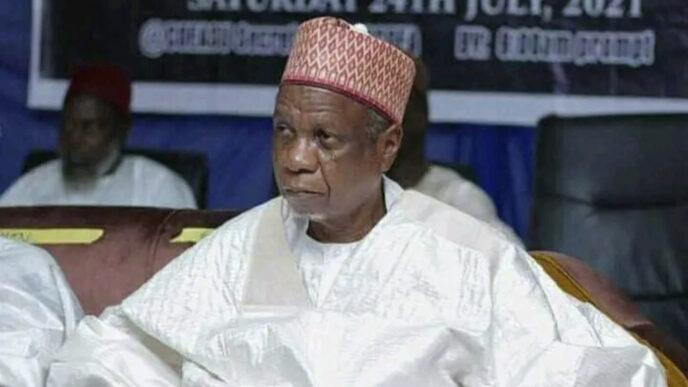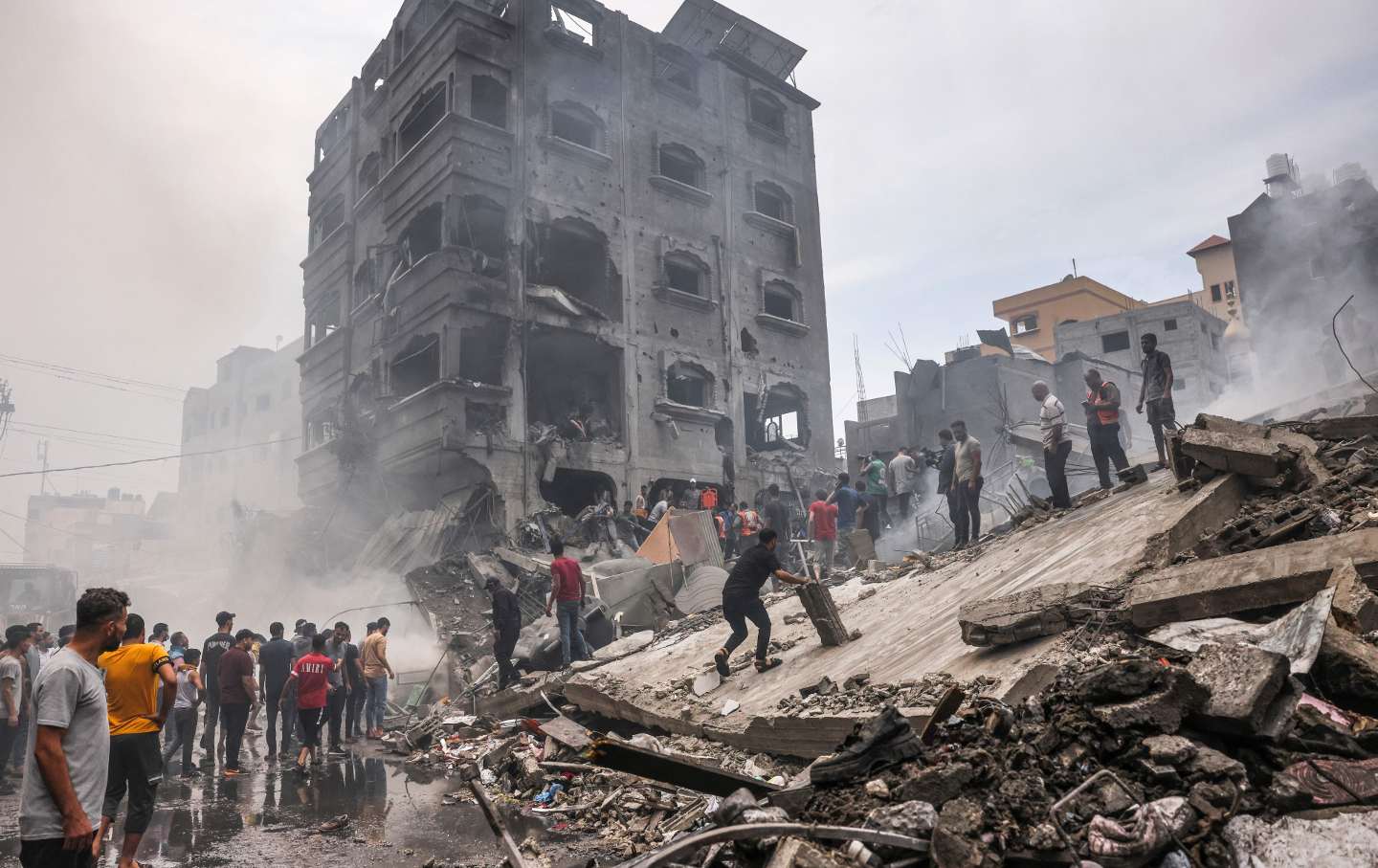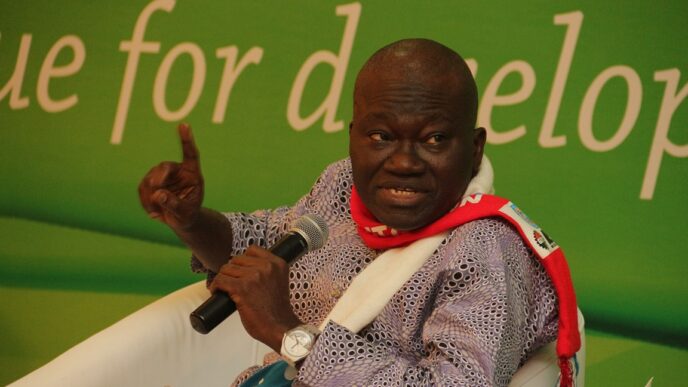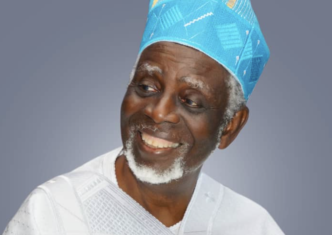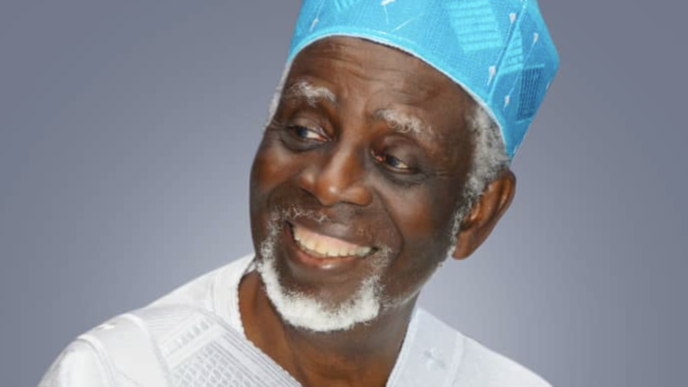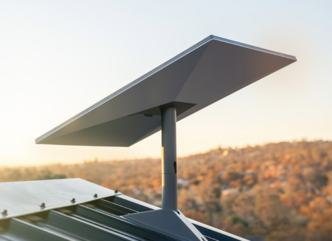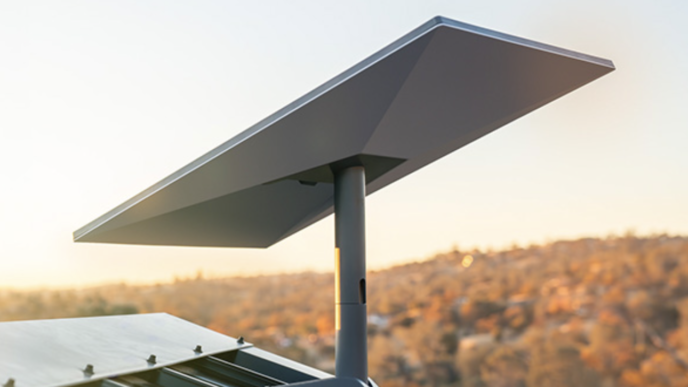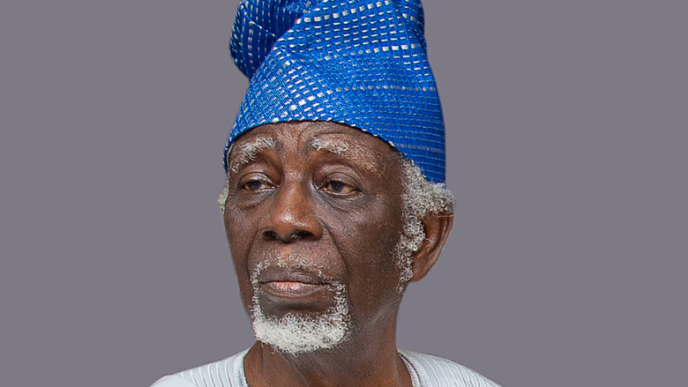John Mahama and Nana Akufo-Addo
It is a new day and a new beginning in Ghana today, January 7, as the country today celebrates the inauguration of President John Dramani Mahama on his second return to the country’s helm of affairs. Mahama was President of Ghana from 2012-2016. He lost the 2016 election to President Nana Akufo-Addo. He lost again in 2020 by a narrow margin of 4.23%. Undeterred he ran again in 2024, which turned out to be his year of luck. In the December 7 presidential elections, President John Mahama, in the fashion of an impressive comeback kid, led his party, the National Democratic Congress (NDC) to victory with the biggest margin of victory ever in Ghana’s electoral process in 24 years.
His victory was so impressive this time around that by nightfall, his main opponent, then incumbent Vice President Dr. Mahamudu Bawumia of the ruling New Patriotic Party (NPP) conceded defeat and congratulated the NDC and President Mahama. Mahama got 6, 328, 397 million of the total votes cast (56.55%), against Bawumia’s 4, 657, 304 million votes (41.61%), clearly one of the best results in Ghana’s presidential history since the return to multi-party democracy in 1992. History will be made today in Accra, Ghana as President Mahama takes the mantle of office for the second time in his storied political and Presidential career.
He will be the first elected Ghanaian president in the Fourth Republic to lose re-election while in office and again after another attempt, only to return at the third attempt to complete the constitutional right to two terms in office. His Vice-President, Professor Jane Naana Opoku Agyeman will also be the very first female in Ghana’s history to be Vice President. She is a professor of literature, a former minister of education (2013-2016) and chancellor of the Women’s University in Africa, Harare, Zimbabwe. Mahama and Agyeman have already made a mark with their unprecedented victory. This is true despite the fact that no party in Ghana has ever stayed in power for more than two consecutive terms since 1992.
In this particular election, the people of Ghana wanted change. They voted for it, in what was clearly a referendum on President Akuffo-Addo’s eight years in office. When President Mahama left office at the end of his first term in 2016, he left behind an ailing economy, frequent power cuts and corruption scandals. Akuffo Addo’s emergence as winner of the election at the time was touted as a new beginning for Ghana, just as we are doing now, but between 2016 and 2024, in the two terms of the NPP Presidency, the euphoria with which Akuffo-Addo assumed office had turned gradually to dust and despair.
Advertisement
In his last State of the Nation address last week, President Addo talked about the achievements of his administration in the mining, forestry and land sectors and how he positioned Ghana on the path of sustainable economic growth, even surpassing South Africa as Africa’s leading gold producer. He was quick to remind everyone that he developed new gold mines in Ahafo and the Upper West Region and a structured Green Ghana Project.
On his watch, Ghana was saddled with an unsustainable debt burden but he managed to restructure over 13 billion dollars in debt in negotiations with the International Monetary Fund and other creditors. President Akuffo-Addo was also the exponent of a famous policy phrased as “Ghana Beyond Aid.” One other highlight of his stewardship was the clean-up of the banking sector in Ghana through which he hoped to stabilize the financial sector.
The reality however is that President Akufo-Ado is leaving behind a country that is facing its worst economic crisis in a generation – with inflation at a record 50.3% at a time, the cost of living became so high and unbearable that the average Ghanaian took to the streets. As recently as October 2024, hundreds of people protested on the streets of Accra against illegal gold mining, known as “galamsey”. Unemployment became a source of frustration, and the COVID pandemic merely added to the people’s agony.
Advertisement
In 2019, Ghana discovered two more oil fields, but the expected boost in government revenue was shortchanged by the mismanagement of government expenditures and huge budget deficits. Ghana’s debt burden kept rising as the government kept borrowing – it had to take an extended credit facility of $3 billion from the IMF in 2023. The economy kept floundering. Ghana was soon downgraded to junk status by credit rating firms such as Moody’s. President Akuffo-Addo would seem to have presided over the worst economy in Ghana’s Fourth Republic.
It therefore makes sense that the people of Ghana in the December presidential and parliamentary elections gave a landslide victory to another party, the NDC, which over the decades has switched the baton of power at the centre with the NPP. Akuffo-Addo in the course of his presidency had eliminated what his team called “nuisance taxes” and also made senior secondary education free for all, but this was not enough. The people of Ghana want their country to work for the benefit of all. In some of the elections in Africa in 2024, we saw a similar pattern of the people voting out the ruling, incumbent party in the expectation that another party would learn the right lessons and serve the people better. We saw this in Botswana, Mauritius, Senegal, Somaliland and also in Ghana.
In his acceptance speech. President Mahama promised the people “a new beginning”. His return to the Presidency however is a mix of the old and the new: new wine in an old bottle, and the major challenge that he faces is in meeting the people’s rising expectations. It will take more than flowery rhetoric or triumphalism to fix Ghana’s many problems. More so, President Mahama does not have the luxury of time: he has just four years to make the best use of the opportunity that fortune has brought to him.
Mahama’s story is in many ways inspirational – his single-minded volition especially. This is already giving ideas to some members of the People’s Democratic Party (PDP) in Nigeria by the way, who now believe that if the NDC in Ghana can lose election in 2016, and again in 2020, only to win at the third attempt, then it should be possible for the PDP to do so also in Nigeria. The logic behind this comparison is so weak, it is laughable, simply that events tend to follow the same pattern in both countries and the confidence with which proponents of this assumption push the view is to say the least shocking. There is no standard formula for the political process anywhere in the world.
Advertisement
One, the NDC in Ghana is a far more cohesive and coherent party, making it easier for President John Mahama to remain the rallying point from one election to the other. In Nigeria, the PDP has been unable to stand up as a strong opposition party since 2015. The party is yet to put its house in order. It is divided. It has internal democracy issues. Many of its members no longer trust the leadership of the party, at either the national or grassroots level. No one is sure of the future direction of the party: will the PDP form a coalition with other political parties? If so, who will lead that process? The PDP has not recovered from the trauma of its loss in the 2015, 2019 and 2023 elections. Who will now renew the party?
A quiet undertone to this conversation is that perhaps the PDP can take power back from the APC in 2027 if it agrees unanimously to field President Goodluck Jonathan as presidential candidate. At least one Governor: Senator Bala Muhammad of Bauchi State has openly made the suggestion that the return of President Jonathan could be a game changer, an alternative to President Tinubu and the APC in 2027. President Jonathan and President Mahama have a lot in common. They both lost elections and gracefully stepped aside. They have both had brilliant post-presidency careers both locally and internationally. And so the reasoning is that if President Mahama can return for another term of four years, President Jonathan can do so too. They make it sound so simple and logical but no one has bothered to ask two questions: One, is President Jonathan himself interested in the vicious struggle for power in Nigeria?
In the leadership matrix, perhaps it is the people that matter most, not the politicians. It should be noted that President Jonathan is the main reference for many Nigerians looking for prosperity. Nigeria was a much better country during his Presidency. He made Nigeria the leading economy in Africa. The Naira was stable. People could afford to eat garri and buy rice and other staple food items. Are people regretting voting him out? The answer is yes. President Buhari that came after him failed to impress the people. Even now President Tinubu’s reforms are biting so hard and the people have become so nervous it is common to find nostalgic longings for the good old days of President Jonathan in office.
However, Ghana is considered a stable democracy, and the last electoral process was largely peaceful. Nigeria’s democracy is a different kind of game. Two, why is anyone so sure that the APC and President Tinubu would simply watch and allow anyone else take power away from them? Of course, they will fight to hold on to the reins of power. Mega opposition parties may emerge in Nigeria ahead of the 2027 elections, but Nigerian politicians can compromise their own ambitions even if the deal is right. Nothing is straightforward in the jungle of Nigerian politics.
Advertisement
Meanwhile, the global community is celebrating with Ghana today, which along with Senegal, presents a good story about democracy in West Africa in 2024, unlike the democratic reversal that was seen in Guinea, Mali, Niger and Burkina Faso. The programme of activities for President Mahama’s inauguration began on January 4, 2025, including a victory celebration in all constituencies, a victory walk in Accra, a victory concert at the forecourt of the University of Ghana Sports Stadium, National Muslim prayers at the National Mosque, Kanda and all mosques across the country, and a National Thanksgiving Service to be held at the Independence Square on Sunday, January 12.
Today, President John Mahama and Vice-President-elect Professor Jane Naana Opoku Agyeman will take the oath of office as president and vice-president of Ghana respectively for the next four years, and receive the insignia of office in the presence of members of parliament, citizens of Ghana and the local and global community. Since their election, both winners have been inundated with messages of congratulations from countries across the world. For the inauguration today, the European Union is sending a five-man delegation led by the foreign affairs minister of Belgium, Bernard Quintin, the US delegation is led by Shalanda D. Young, the director of the US office of management and budget, and there will be presidents and diplomats from across the African continent.
Advertisement
President Bola Ahmed Tinubu is already in Ghana to attend the inauguration in his capacity as Nigeria’s President, and Chairman of ECOWAS. This is a special occasion for the people of Ghana, a victory as well. Ghana is draped in the colours of the NDC of red, white and black, from the party’s headquarters in Adabraka to the streets of Accra.
When the ceremony is done and over, President Mahama must settle down to work in earnest. It is clear enough that there is a lot to be done. Already ahead of the inauguration, he has nominated Alban Sumana Kingsford Bagbin as Speaker of the 9th Parliament after due consultations with NDC party executives and parliamentary leaders. Bagbin, MP Nadowli, was the Speaker of the 8th Parliament. He is an experienced lawmaker.
Advertisement
President Mahama has also announced a six-member interim national security coordinating team, led by former minister for the interior, Prosper Douglas Bani. Mahama is in familiar territory. He should act just as swiftly in announcing his cabinet. He must resist the temptation to fall into the same pitfalls as other African leaders: he needs not look backwards, he should look to the future and provide better pathways for the people of Ghana. He has his plate full: a sovereign debt burden, crisis in the energy sector, and an army of disillusioned youths. He needs to rebuild trust.
What next for President Nana Akuffo-Ado? No matter how mixed and controversial President Akuffo-Ado’s legacy may be, there is no doubt that he will continue to remain a major force in his own party, the NPP, and in Ghana’s political process. He has been in politics since his days as a university student, and he ran for the presidency on two different occasions, 2008 and 2012, losing to the NDC, until he won in 2016. He has now completed his constitutional two terms in office today.
Advertisement
He would be remembered for his dignified presentations on the international scene and the fact that he was generally a well-meaning, urbane leader. His credentials as a statesman should stand him in good stead, both in Ghana and in international diplomacy. His era as president is over. He should be able to find meaning out of presidential office.
Views expressed by contributors are strictly personal and not of TheCable.
Add a comment
